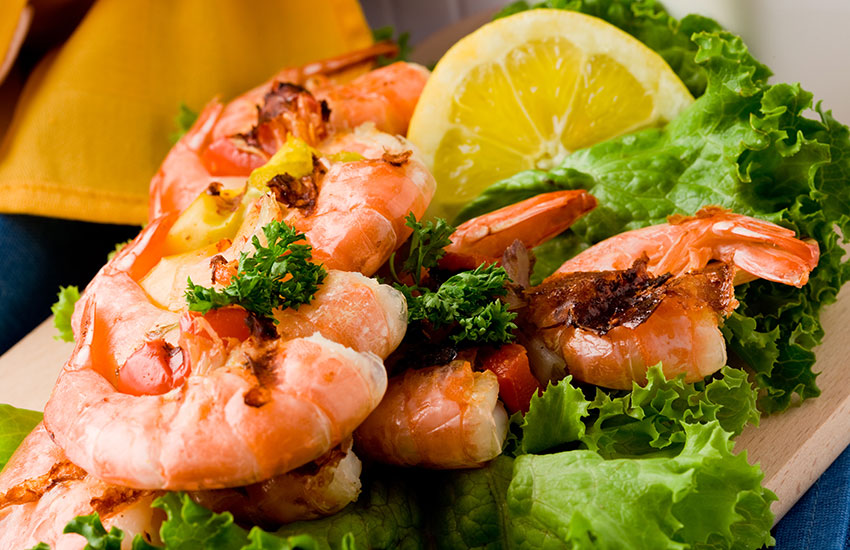
With the festive season well and truly upon us and the big day not far away, the pressure on eating is at its highest. Christmas Day can overwhelm the senses and we can quickly become absorbed by the endless supply of food and drink. A relatively new approach to eating (and to this festive season tendency!) is called ‘Mindful Eating’, and stems from the practice of being Mindful. Ultimately, it attempts to change the way you think about the eating process.
describes being mindful as the focus of attention and directing awareness to the present moment. They suggest that Mindful Eating put simply is the opposite of mindless eating. Mindful eating over is about being aware of what you are eating and how your body feels. It isn’t about telling you what you can or cannot eat; it is about eating foods that you enjoy in a different way.
Picture yourself at the Christmas table. It is crammed full of Christmas treats of both the sweet and savoury kind, with so many plates and bowls that there is always that chance that something is going to spill off the edge. At this point, a few things might take over. You may have allowed yourself to get too hungry, and so eat too fast. You may continue eating despite no longer being hungry, neglecting to listen to what your body signals are telling you. The emotions that come with Christmas may be unconsciously causing you to overindulge, for whatever reason. The consequences lie in the sick, uncomfortable feeling that lingers for the remainder of the day and the ill effects to your body which occur over the next few days and into the New Year.
This is not an abnormal or unfamiliar situation. Many of us consume without thinking about how we are eating. This is where Mindful Eating comes in. Mindful Eating can assist you to be aware of food preparation and consumption, acknowledging your response to food without judgement, being aware of physical hunger cues, and identify triggers for mindless eating.
[/et_pb_text][et_pb_text admin_label="About the Author" background_layout="light" text_orientation="left" use_border_color="off" border_color="#ffffff" border_style="solid" custom_padding="3em|||"]
Lucia is a provisional psychologist training to complete her Doctor of Health Psychology at Deakin University. She is currently working in an administrative role at the Health Psychology Centre.
Louisa is available for consultation. Make a booking now either by telephone on (03)9852-8497 or via the booking enquiry form.
